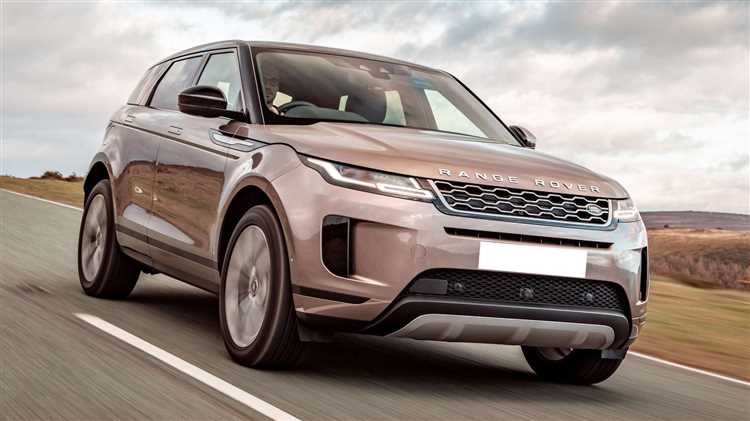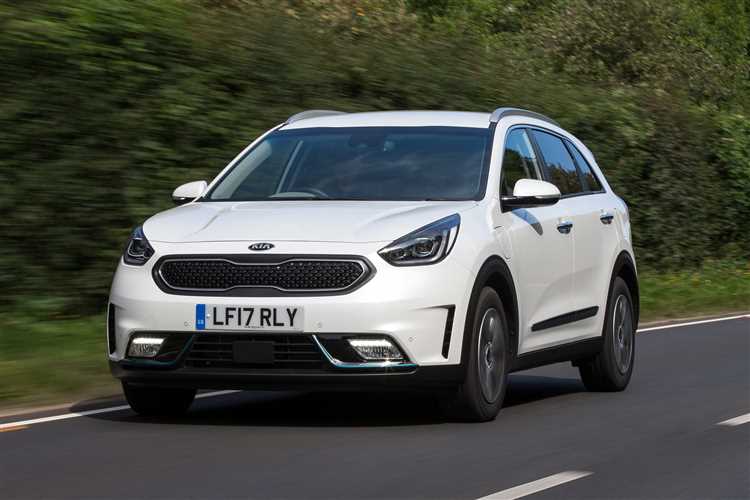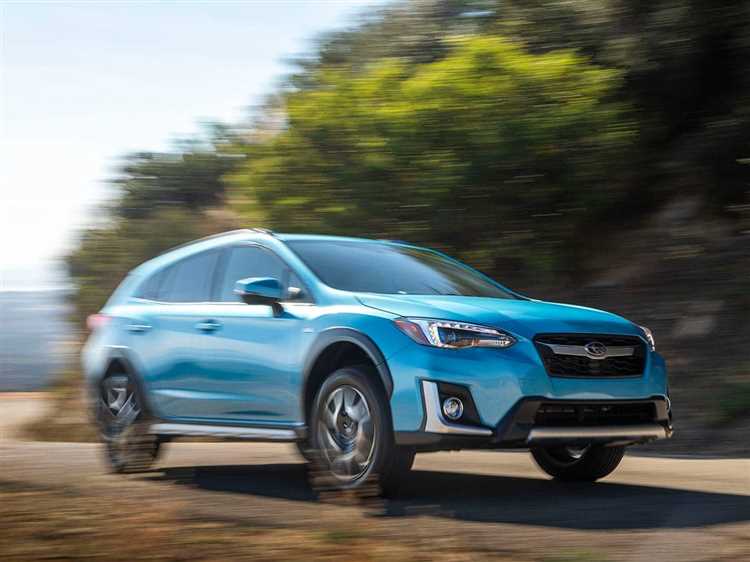Content
- The Rise of Plug-in Hybrid Cars
- Why Plug-in Hybrids are Becoming Popular
- Benefits of Owning a Plug-in Hybrid Car
- Top Plug-in Hybrid Cars of the Year
In recent years, the popularity of plug-in hybrid cars has been steadily growing, as more and more people are looking for environmentally friendly and fuel-efficient alternatives to traditional gasoline-powered vehicles. With advancements in technology, plug-in hybrids have become increasingly affordable and practical, making them an attractive option for eco-conscious drivers.
When it comes to finding the best plug-in hybrid cars of the year, there are several factors to consider. These include the car’s electric range, fuel efficiency, performance, safety features, and overall value for money. To help you make an informed decision, we have compiled a list of the top plug-in hybrid cars available on the market today.
One of the standout models of the year is the Toyota Prius Prime. With its impressive electric range and exceptional fuel efficiency, the Prius Prime is a top choice for those looking to minimize their carbon footprint. Another excellent option is the Chevrolet Volt, which offers a comfortable ride, spacious interior, and a long electric range.
The Rise of Plug-in Hybrid Cars

Plug-in hybrid cars have been gaining popularity in recent years as more and more people are becoming aware of the environmental impact of traditional gasoline-powered vehicles. These hybrid cars combine an internal combustion engine with an electric motor, allowing them to run on both electricity and gasoline. This dual power system offers drivers the best of both worlds – the efficiency and low emissions of an electric vehicle, combined with the longer range and convenience of a traditional gasoline car.
One of the main reasons for the rise in popularity of plug-in hybrid cars is the increasing availability of charging infrastructure. As more charging stations are installed in public places and private residences, it has become easier for plug-in hybrid owners to charge their vehicles, making them a practical and convenient choice for everyday use. In addition, many governments and local authorities are offering incentives and subsidies for the purchase of plug-in hybrid cars, further driving their adoption.
Another factor contributing to the rise of plug-in hybrid cars is the advancement in battery technology. In recent years, there have been significant improvements in the energy density and charging speed of batteries, making it possible for plug-in hybrids to have longer electric-only ranges and shorter charging times. This has addressed one of the main concerns of potential buyers – the limited range and long charging times associated with electric vehicles.
Furthermore, the rise of plug-in hybrid cars can also be attributed to the growing consumer demand for eco-friendly transportation options. With increased awareness of climate change and the need to reduce greenhouse gas emissions, more and more consumers are seeking greener alternatives to traditional gasoline-powered cars. Plug-in hybrid cars offer a viable solution, allowing drivers to significantly reduce their carbon footprint without sacrificing the convenience and range of a gasoline car.
In conclusion, the rise of plug-in hybrid cars can be attributed to a combination of factors including the increasing availability of charging infrastructure, government incentives and subsidies, advancements in battery technology, and growing consumer demand for eco-friendly transportation options. As these factors continue to drive the adoption of plug-in hybrid cars, it is expected that their popularity will continue to rise in the coming years.
Why Plug-in Hybrids are Becoming Popular
With the increasing concern about the environment and the need to reduce carbon emissions, plug-in hybrids are becoming popular choices among car buyers. These vehicles offer a combination of an internal combustion engine and an electric motor, providing more fuel efficiency and lower emissions compared to traditional petrol or diesel cars.
One of the main reasons why plug-in hybrids are gaining popularity is their ability to be charged from an external power source. This allows drivers to use electricity for shorter trips, reducing the dependence on fossil fuels. Additionally, plug-in hybrids can be charged at home or at public charging stations, making it convenient for owners to have a fully charged battery before hitting the road.
Another factor contributing to the popularity of plug-in hybrids is the cost savings they offer. While the initial purchase price of these vehicles may be higher than conventional cars, owners can benefit from government incentives and tax rebates. Moreover, plug-in hybrids have lower operating costs due to their improved fuel efficiency and reduced maintenance requirements.
Furthermore, plug-in hybrids provide a seamless transition for drivers who are not yet ready to fully switch to electric vehicles. The combination of an internal combustion engine and an electric motor offers a greater driving range, addressing the issue of range anxiety that is commonly associated with fully electric vehicles. This makes plug-in hybrids a practical choice for individuals who need to travel longer distances without worrying about running out of battery power.
In summary, the increasing popularity of plug-in hybrids can be attributed to their environmental benefits, cost savings, and the flexibility they offer to drivers. As more car manufacturers introduce new models and improve the technology behind plug-in hybrids, it is expected that their popularity will continue to grow in the coming years.
Benefits of Owning a Plug-in Hybrid Car

Switching to a plug-in hybrid car can offer numerous benefits for vehicle owners. One of the main advantages is the reduced environmental impact. Plug-in hybrid cars have lower emissions compared to traditional gasoline-powered vehicles, helping to reduce air pollution and combat climate change. By relying more on electricity as a fuel source, plug-in hybrid cars contribute to a cleaner and greener environment.
Another benefit of owning a plug-in hybrid car is the potential for cost savings. Plug-in hybrids are more fuel-efficient than conventional vehicles, allowing owners to save money on fuel expenses. Additionally, many countries and municipalities offer incentives and tax credits to encourage the adoption of electric and hybrid vehicles, further reducing the overall cost of ownership.
Plug-in hybrid cars also provide increased flexibility when it comes to fueling options. Unlike fully electric vehicles, plug-in hybrids have a gasoline engine as a backup, which eliminates the range anxiety associated with electric-only cars. This means that owners can rely on gasoline when needed, while still benefiting from the electric motor for everyday commuting and shorter trips.
Furthermore, owning a plug-in hybrid car can also offer a smoother and quieter driving experience. Electric motors provide instant torque, resulting in quicker acceleration and a more responsive driving experience. Additionally, plug-in hybrids produce less noise and vibrations compared to traditional internal combustion engine vehicles, leading to a quieter ride for both the driver and passengers.
In summary, the benefits of owning a plug-in hybrid car include reduced environmental impact, potential cost savings, increased fueling options, and a smoother driving experience. As the demand for cleaner and more sustainable transportation options continues to grow, plug-in hybrid cars are becoming an increasingly popular choice for eco-conscious drivers.
Top Plug-in Hybrid Cars of the Year

As the demand for electric vehicles continues to rise, more car manufacturers are introducing plug-in hybrid cars to meet the needs of environmentally-conscious consumers. Plug-in hybrid cars offer the best of both worlds, combining the benefits of electric power with the convenience and range of a traditional combustion engine.
One of the top plug-in hybrid cars of the year is the Tesla Model 3. With its sleek design and impressive performance, the Model 3 has quickly become a favorite among electric car enthusiasts. Its electric range of over 300 miles and fast-charging capabilities make it a practical choice for everyday driving.
Another popular option is the Toyota Prius Prime. Known for its fuel efficiency, the Prius Prime offers an electric range of up to 25 miles. It also comes with advanced safety features and a spacious interior, making it a great choice for families.
The BMW i3 is another top contender in the plug-in hybrid market. With its unique design and all-electric range of up to 153 miles, the i3 offers a truly eco-friendly driving experience. Its regenerative braking system and lightweight construction make it a joy to drive, while its advanced technology and luxurious features ensure a comfortable ride.
For those seeking a luxury plug-in hybrid car, the Volvo XC60 T8 is a top choice. With its powerful engine and electric range of up to 19 miles, the XC60 T8 offers both performance and efficiency. Its stylish design and luxurious interior make it a stylish and comfortable option for discerning drivers.
In conclusion, the top plug-in hybrid cars of the year offer a range of options to suit different preferences and needs. Whether you’re looking for a practical family car or a luxury vehicle, there is a plug-in hybrid car out there for you.
